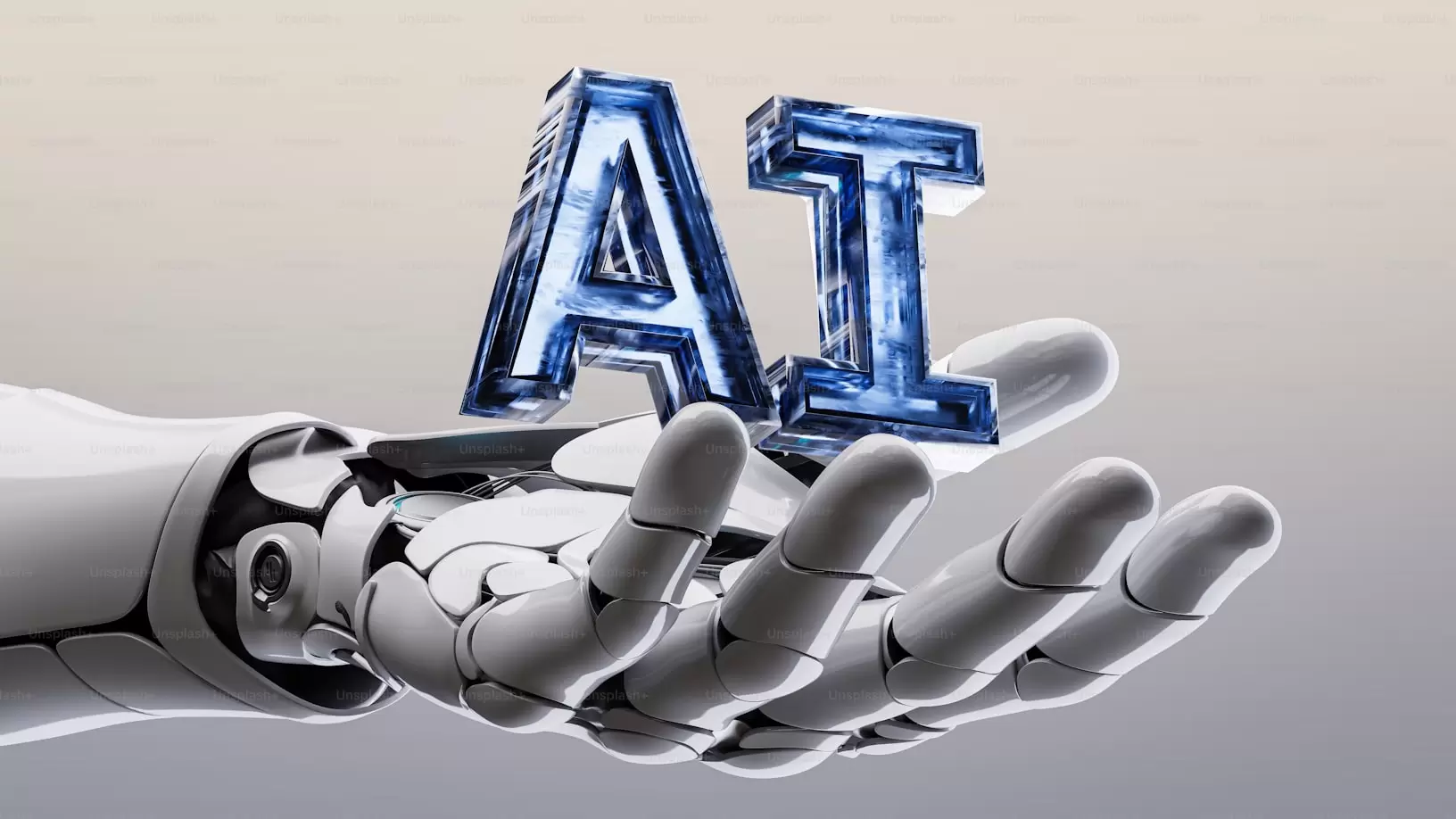Table of Contents
What should teachers know about artificial Intelligence for the classroom?
The use of artificial intelligence in education can provide benefits and opportunities, but it also poses issues and possible drawbacks. In this discussion of the benefits and drawbacks of AI in the field of education, we explore possible benefits that range from teaching assistance to personalized learning, as well as shedding light on ethical issues regarding misinformation, bias, as well as the future for teachers as they play their role.
The interplay between AI with education creates a tense place where the emergence of new technologies meets fears. It’s crucial to traverse this space with a sense of.
Is artificial Intelligence a thing?
Artificial intelligence (AI) is a discipline of technology and computer science which focuses on the creation of machines as well as systems or applications that can perform tasks that usually require human brains. This includes reasoning, problem-solving and learning perception, interpreting natural languages, and making decisions. AI systems are developed to mimic or duplicate human cognitive functions. They also adjust to changing circumstances and information.
A brief introduction to artificial intelligence
AI has existed for a while. In the 1950s when a computer scientist invented Theseus, a remote-controlled device which could move through in a maze and keep track of the route it took.1 Artificial intelligence capabilities were developed gradually initially. But the advancements in the speed of computers and cloud computing, as well as the accessibility of huge datasets led to rapid advancements in the area of artificial intelligence. Nowadays, anyone has access to programs such as ChatGPT which allows chats that are based on text with users and businesses are making use of AI to develop everything from driverless cars, to the reading of radiographs and setting airfare prices.
The possibilities for AI are fascinating, as well as worrying. Take a look at these advantages and disadvantages of incorporating artificial intelligence into education.
Five disadvantages of AI in the field of education
- Bias. AI is as savvy in the context of what it was taught. If a tool like ChatGPT is taught with biased information and students ask the program to ask a question, they might receive a biased answer, which could perpetuate stereotypes and social inequality. If an untruthful AI software is utilized to grade students, they could be given low grades based on race or gender.2
- Errors. As well as the bias of artificial intelligence, it could produce inaccurate information. The data AI draws its information from could be contaminated by mistakes, be inaccurate or even spread false information. Teachers and students should not believe that the information provided from AI is accurate.3
- Cheating. Students are able to use ChatGPT to write essays, respond to questions on quizzes, or complete homework. It is interesting to note that there are AI software that detect AI writing, which can aid teachers in determining whether their students cheat. However, sometimes these programs can incorrectly flag an individual’s work as plagiarism.
- Isolation. When students use programs that are more involved than they do with their teacher and start to feel disengaged and lonely. Their motivation and commitment to learning could decline, which can lead to a rise in dropping out rates.4
- Jobs. Artificial intelligence is a possibility to become a very effective tool for learning. Teachers are concerned that AI could replace them.
Five advantages of AI in the field of education
- Assistance. Teachers who’ve experimented with AI have discovered that it helps simplify their work when it comes to preparing lesson plans, to creating student-generated ideas for projects and even creating questions. With the assistance of AI, educators are able to have more time with their students.3
- Speed. If a student is “stuck” while working on an assignment, artificial intelligence software are able to provide immediate, valuable help if a teacher or caregiver isn’t there. For example, a student might ask “How do I solve for X?” to be instructed on the steps needed to solve an equation. Students may also inquire, “What are some effective strategies for improving my essay writing?” and ChatGPT can provide guidance and suggestions as soon as possible.
- Individualization. AI programs can assist in personalizing educational opportunities for students. For example, ChatGPT can quickly and effortlessly translate content into other languages, which makes it simpler for students who do not speak a language to comprehend the assignments. ChatGPT can also edit materials to make them appropriate for different grades and adapt projects to students’ abilities and interests.
- Context. In the 2023 TED Talk, Sal Khan was the founder and CEO of Khan Academy, shared an instance that showed an AI tutor who helped a student grasp the significance of Green Light within F. Scott Fitzgerald’s The Great Gatsby. The student questioned to the AI tutor to appear as if they were Gatsby’s character Jay Gatsby and answer her question, “Why do you keep staring at the green light?” The AI tutor replied by assuming the character of Gatsby with an answer that was not only precise but also elegant and contextual.5 Future students can use AI to converse with Anne Frank about her life and her experiences, and to Marie Curie about her scientific discoveries, and also to Shakespeare on his works.
- Personalization. Artificial intelligence is also able to enhance student learning. Through the analysis of the performance of students AI-powered programs can pinpoint the students who require assistance in order to boost their learning and the best methods to assist the students.6
The balance between the benefits of artificial intelligence (AI) in education with the potential negatives it could bring requires careful planning and analysis along with regular evaluation. AI can assist educators to improve learning and enhance the quality of education quickly and effortlessly. However the dangers of ignorance, bias and isolation of students require attention. Teachers must investigate the potential of AI to become an effective advocate for students as well as themselves.
Get ready to lead the classroom in the near future by earning a degree in education at Walden University. By obtaining having an MS in Education (MSEd) or a BS in Elementary Education (BSEE) degree, you will be a successful, engaged educator who utilizes technology to enhance the lives of your students. Walden’s online teaching degree courses enable educators to develop new abilities that they can use within the school to assist students succeed.
It is an accredited university that offers Master of Science in Education (MSEd) and Bachelor of Science in Elementary Education (BSEE) degree programs that are available online. Find your next career path and earn your degree an efficient and flexible format that can be adapted to your hectic lifestyle.











